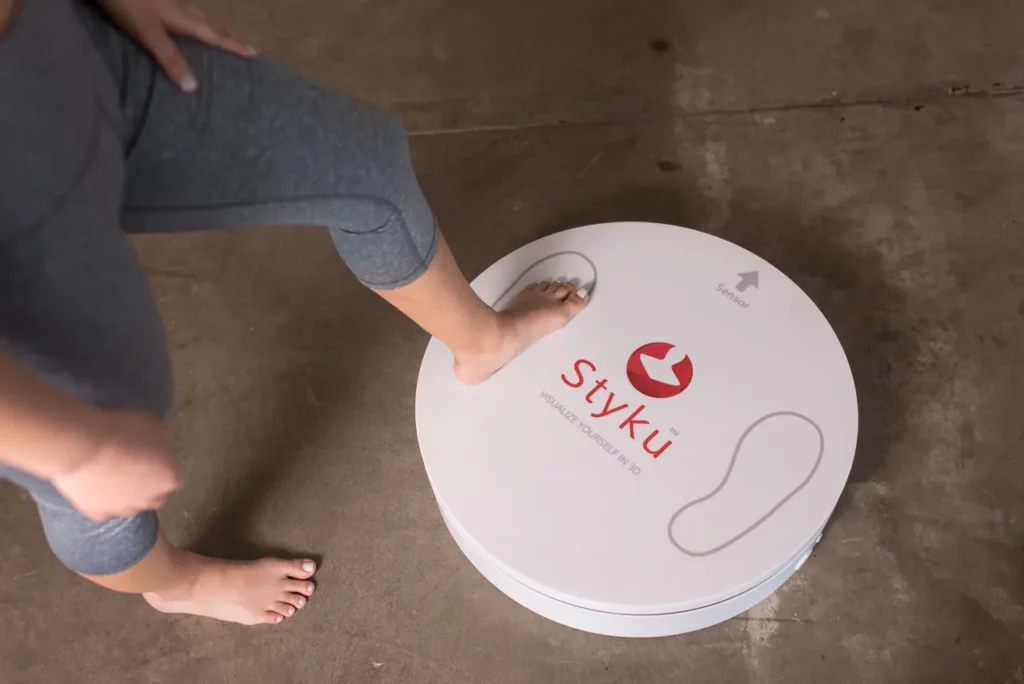Semaglutide is a medication primarily used to help manage type 2 diabetes and to aid in weight loss. It’s a GLP-1 (glucagon-like peptide-1) receptor agonist that works by mimicking the action of a natural hormone called GLP-1. This hormone helps regulate blood sugar, promotes insulin production, and slows stomach emptying. Semaglutide is available in both injectable and oral forms.
Here’s an overview for patients using semaglutide:
What is Semaglutide?
Brand Names: Ozempic, Wegovy, Rybelsus (for different uses).
Love Your Body provides a compounded Semaglutide from an FDA-designated 503A compounding pharmacy.
Uses of Semaglutide:
- For managing type 2 diabetes by improving blood sugar control.
- For weight loss in combination with a healthy diet and exercise (Wegovy).
Mechanism of Action of Semaglutide:
Semaglutide works by:
- Increasing insulin secretion when blood sugar is high.
- Reducing glucagon (a hormone that raises blood sugar).
- Slowing gastric emptying, which helps increase satiety and may help with weight loss.
How to Take Semaglutide
Injectable Form of Semaglutide:
- Frequency: Typically once a week.
- Administration: Can be injected in the thigh, abdomen, or upper arm. Rotate injection sites to avoid irritation.
- Starting Dose: Usually a lower dose is started (0.25 mg weekly for diabetes) and increased after a month to reduce side effects.
- Injection Tips:
- Clean the injection site with alcohol.
- Inject the medication slowly and keep the needle in place for a few seconds after injecting.
Oral Form (brand name Rybelsus):
- Administration: Take on an empty stomach with water, at least 30 minutes before eating, drinking, or taking any other medications. Swallow whole—don’t crush, split, or chew the tablet.
- Starting Dose: Typically, the starting dose is 3 mg once daily for 30 days, then increased to 7 mg or 14 mg, based on tolerance and effectiveness.
Possible Side Effects of Semaglutide
Common Side Effects of Semaglutide:
- Nausea: Can occur when starting treatment but tends to decrease over time.
- Vomiting, diarrhea, or constipation: Digestive symptoms are common but should be managed with hydration and diet.
- Decreased appetite: This effect is often useful for weight loss but should be monitored to ensure you’re eating enough.
Serious Side Effects (Rare but important to be aware of):
- Pancreatitis (inflammation of the pancreas): Symptoms include severe stomach pain, nausea, and vomiting.
- Thyroid tumors: Including a potential risk of thyroid cancer, though this is more common in animal studies.
- Kidney issues: Patients with pre-existing kidney conditions should be monitored closely.
- Hypoglycemia: Especially if used with other diabetes medications that can lower blood sugar (e.g., sulfonylureas or insulin). Symptoms include dizziness, confusion, and shakiness.
Precautions of Semaglutide
Semaglutide is Not Recommended for:
- Patients with a personal or family history of medullary thyroid carcinoma (a type of thyroid cancer).
- People with multiple endocrine neoplasia type 2 (MEN 2).
- People with severe gastrointestinal conditions (e.g., gastroparesis).
- Women who are pregnant and breastfeeding: talk to your doctor if you are pregnant, plan to become pregnant, or are breastfeeding.
- Semaglutide is not recommended during pregnancy.
- Kidney Function: If you have kidney problems, your doctor will monitor your kidney function closely.
Semaglutide Interactions with Other Medications:
Some medications may interact with semaglutide, including certain oral contraceptives or diabetes medications. It’s important to inform your healthcare provider about all medications you’re taking.
Monitoring and Follow-up for Semaglutide
- Blood Sugar Levels: Regular monitoring of blood sugar is essential, especially when starting or adjusting the dose of semaglutide.
- Kidney Function and Thyroid: Follow-up visits may include checking kidney function and thyroid tests.
- Weight: For weight loss purposes, regular monitoring of progress will be discussed with your doctor.
Lifestyle Recommendations While Taking Semaglutide
Diet and Exercise
- Adhere to a balanced, low-calorie diet if you are using semaglutide for weight loss.
- Regular exercise is also crucial for managing blood sugar levels and supporting weight loss.
- Since semaglutide can cause nausea, drinking plenty of fluids and avoiding dehydration is important.
When to Contact Your Doctor While Taking Semaglutide
- If you experience severe abdominal pain, vomiting, or signs of pancreatitis.
- If you have symptoms of an allergic reaction, such as rash, swelling of the face or throat, or difficulty breathing.
- If you develop unusual or persistent side effects.
What to do if you Missed a Dose of Semaglutide
- Injectable Form: If you miss a dose, take it as soon as you remember, as long as it’s within 5 days of the missed dose. If more than 5 days have passed, skip the missed dose and take the next one on the scheduled day.
- Oral Form: If you miss a dose, take it as soon as you remember, but if it’s close to the time for the next dose, skip the missed dose. Do not take two doses at once.
How to Store Semaglutide
- Injectable: Store in the refrigerator until use (can be kept at room temperature for up to 28 days after opening).
- Oral: Store in a cool, dry place.
NOTE: Nothing in this article is intended to be prescriptive or medical advice. Talk to your doctor before starting a new diet and exercise plan. The information presented is about our medically supervised weight management program and services, and is not an advertisement for a specific drug.




